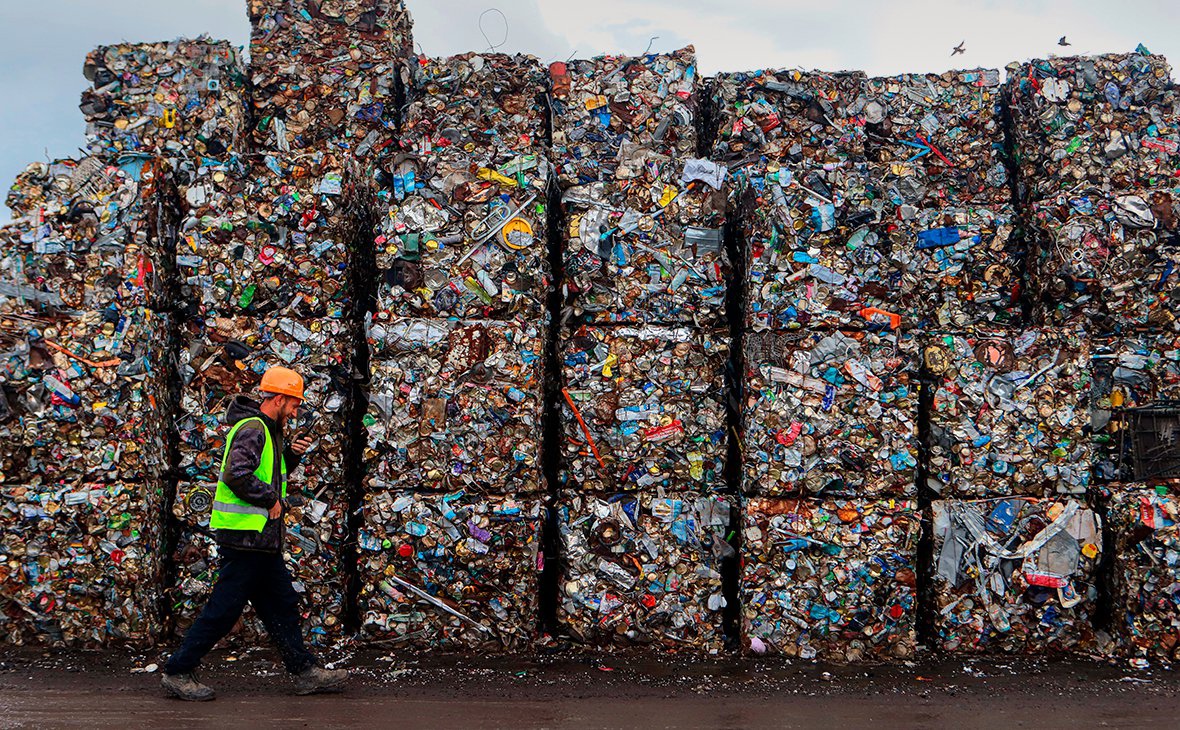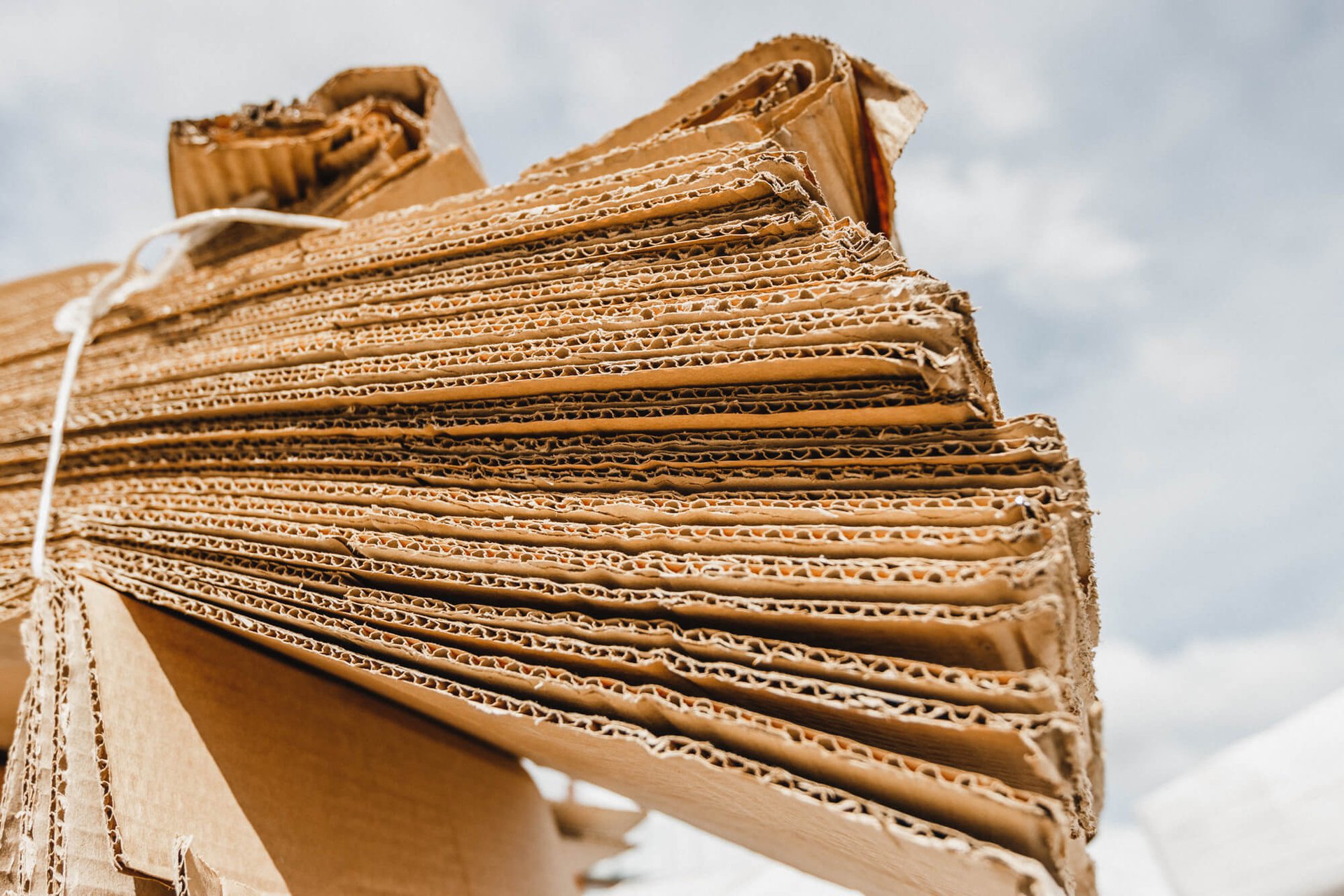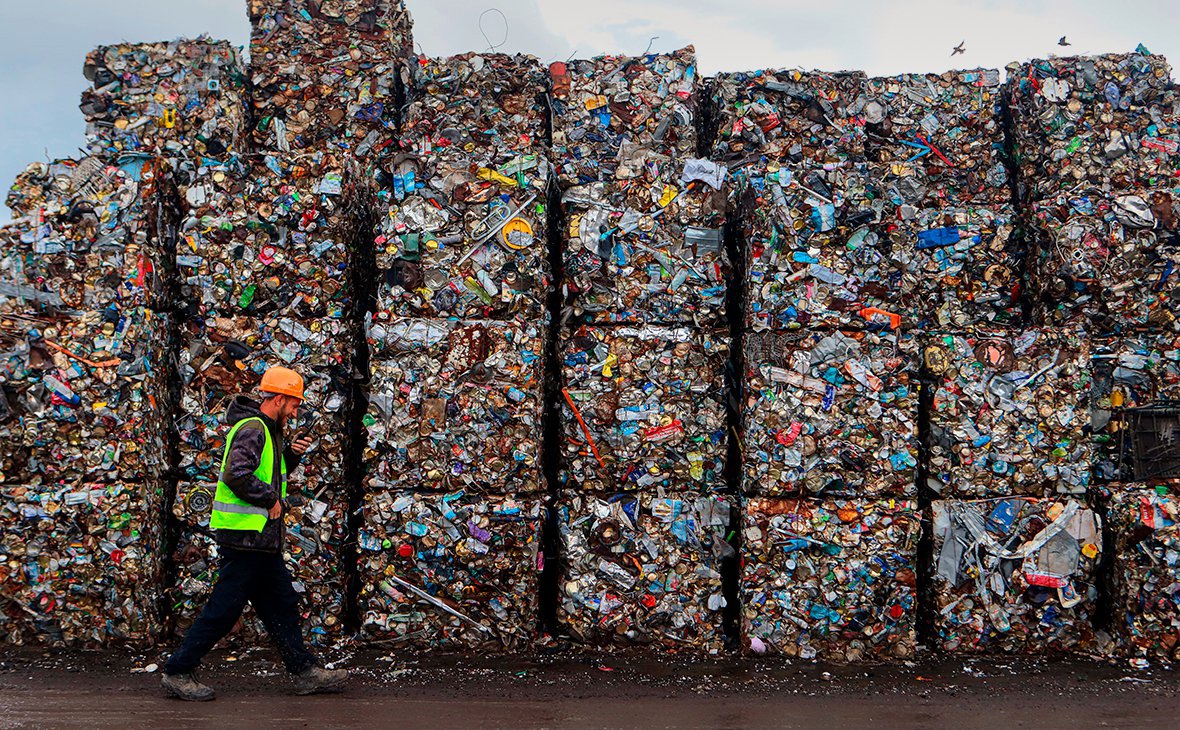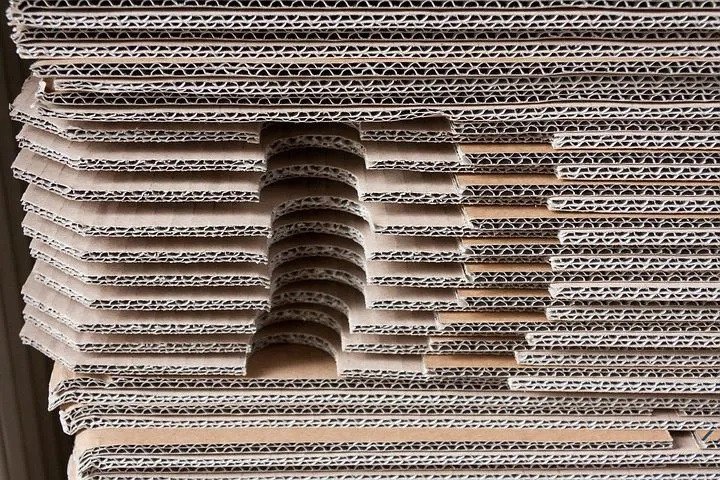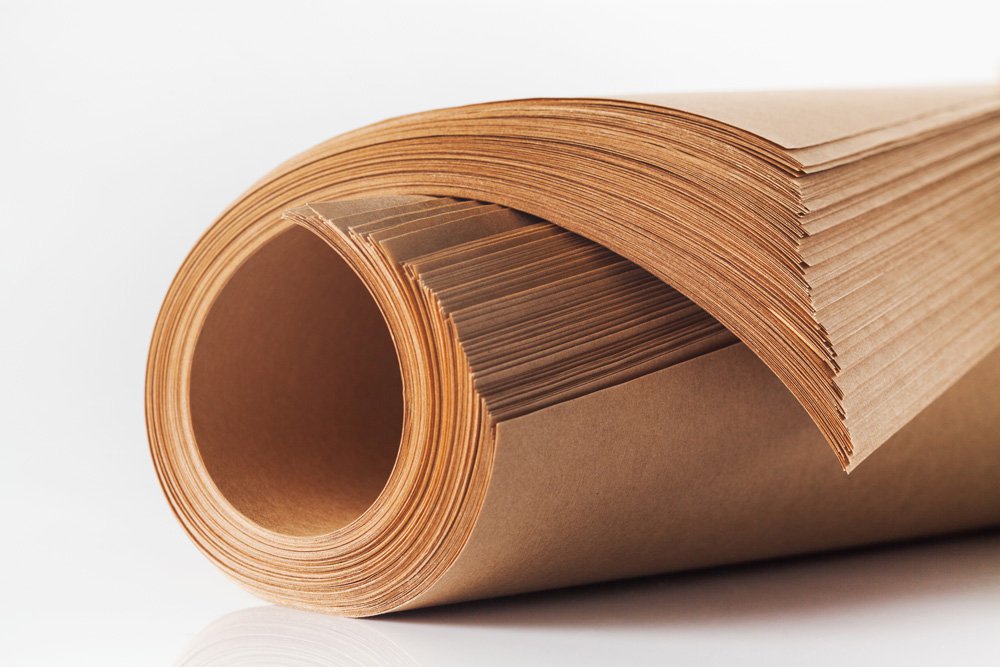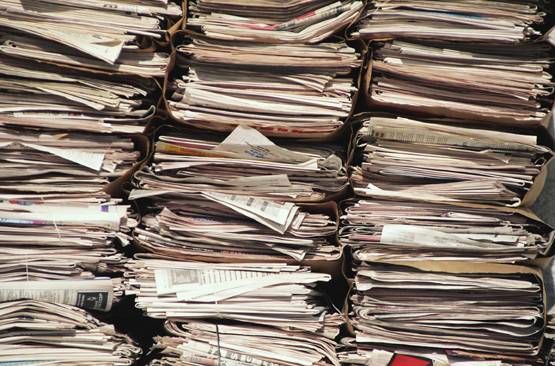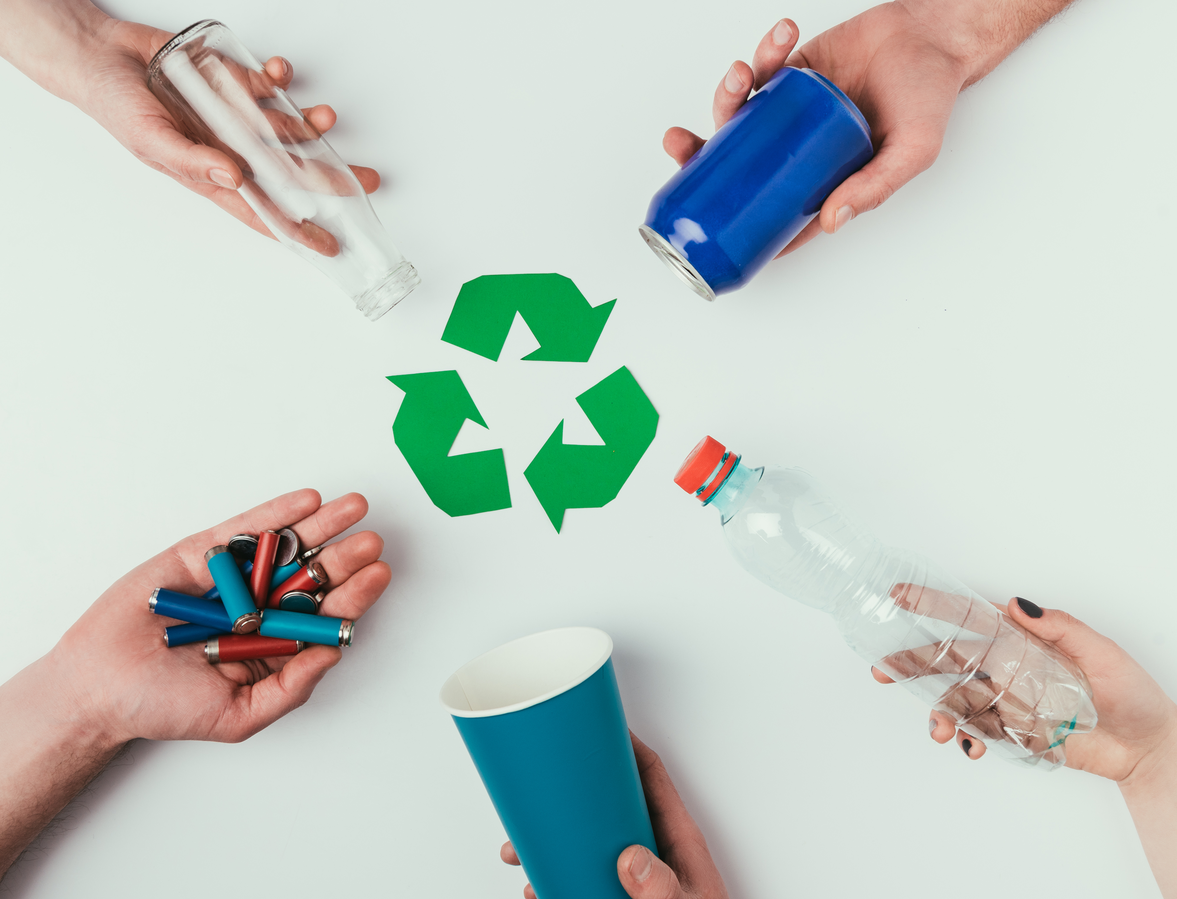666
15 December 2021
Resource state: in Russia, they want to abolish personal income tax from the delivery of recyclables
Will the measure lead to an increase in waste recycling
In Russia, they want to utterly exempt from personal income tax the income of individuals from the sale of recyclable materials: plastic, glass, rubber, and waste paper. Such a measure is provided for by amendments to the Tax Code of the Russian Federation, which the Ministry of Industry and Trade sent out to businesses for discussion (Izvestia has it). The previous version of the document assumed that only amounts up to 4 thousand rubles would be exempted from personal income tax. This provision remains only for scrap and waste of ferrous and non-ferrous metals. Now the tax is paid from any income. The measure should lead to an increase in recycling volume, experts say.
Almost complete
Incomes of individuals selling recyclables in Russia want to be completely exempt from paying personal income tax. This measure implies a new version of the draft law on amendments to the Tax Code of the Russian Federation, which the Ministry of Industry and Trade sent out to businesses for discussion. Izvestia got acquainted with a copy of the document. Under the waste "the bill recognizes waste paper, waste of plastic, glass containers, and rubber, which have lost their consumer properties in the process of their use and consumption, generated by individuals in everyday life and belonging to them by right of ownership," the explanatory note to the document says.
The previous version of the amendments assumed that only incomes up to 4 thousand rubles would be exempted from personal income tax. And buyers, including processors, became tax agents, similar to how an employer pays fees for an employee. In the new version of the document, this provision remains only for income from the sale of scrap and waste from ferrous and non-ferrous metals.
The Ministry of Industry and Trade is not the drafter of the bill. Its discussion is taking place within the framework of the inter-factional working group on legislative regulation of the turnover and sale of ferrous scrap in the State Duma of the Russian Federation, Izvestia was told in the department. They also said that the Ministry of Industry and Trade supports the proposed changes. But they added that the ministry considers it unreasonable to set a limit on non-taxable personal income tax income of 4 thousand rubles a year with waste and a scrap of ferrous and non-ferrous metals.
When selling waste owned by them for more than three years, individuals are exempted from paying personal income tax, Izvestia was told in the Ministry of Finance. When handing over recyclables owned for less than three years, citizens are entitled to a tax deduction of 250 thousand rubles. The department said that from January 1, 2022, incomes up to this amount do not need to fill out tax returns.
But the new norm will not significantly affect the removal of the administrative barrier for individuals-scrappers and will not be able to sufficiently contribute to the transparency and stability of the scrap collection business, the Ruslom.com association believes.
They said it is not entirely clear how the tax authorities will check whether the property deduction threshold has been passed when handing over recyclables. People who donate recyclables will still experience administrative pressure and excessive control over all operations for the alienation of goods that have lost their consumer properties, the association is sure.
Izvestia sent a request to the Ministry of Natural Resources.
Personal income tax on waste paper has been canceled since 2019, reminded the Wastepaper Processors Association executive director Alexey Sergeev. According to him, the collection of paper and cardboard waste noticeably increased. Also, the expert said the total number of enterprises engaged in the procurement of waste paper in Russia increased by about 20%.
"The abolition of personal income tax on all secondary resources generated in everyday life will contribute to the development of a circular economy by eliminating barriers between the population and businesses interested in obtaining recycled materials," Alexey Sergeev believes.
The bill is a breakthrough. It can involve thousands of citizens in the recycling economy who previously had no experience in recycling, said Pavel Sklyanchuk, an expert at the ESG Laboratory of the Platforma social design center.
Is everything smooth?
On average, you can earn no more than 150-200 thousand rubles a year from waste that is not scrap, said Natalia Belyaeva, member of the scientific and technical council of Rosprirodnadzor, member of the Waste Processing and Secondary Resources Committee of Business Russia. But on crowbars, the income is certainly more substantial - there we are talking about hundreds of thousands of rubles, she noted.
For non-taxable metal, 4,000 is very little, Viktor Kovshevny, director of the NSRO Ruslom.com association, told Izvestia. The zero tax rate is the most effective, he is sure. For example, the expert added that such rules apply in countries where the scrap collection infrastructure is developed - in the UK, Germany, Poland, the Czech Republic, Austria, Belgium, the Netherlands, Switzerland, France, and Italy.
Now people who sell scrap worth up to 250 thousand rubles do not pay personal income tax. If the project is accepted, an income of more than 4 thousand rubles will have to be taxed.
“If scrap collectors in Russia become tax agents at a personal income tax rate of 13%, two development scenarios are possible: either the cost of scrap will increase by 13% (provided that the level of current prices for individuals is maintained and the risk of reducing scrap collection is minimized), or the remuneration for individuals will decrease by the same 13%, which will give undesirable competitive advantages to unreliable players, ”the association’s response to the bill says (Izvestia has it).
The association supports the reform initiative in the field of personal income tax, including about metal scrap, but considers it necessary to draw the attention of the authorities to the fact that decisions must be balanced, Ruslom.com added. An increase in the cost of scrap can lead to another rise in the price of metal products for construction, says Yevgeny Konyakhin, co-founder of the Yug-Met technopark.
Andrey Kolochinsky, the managing partner of VectorStroyFinance, added that maintaining the tax on income from the sale of ferrous and non-ferrous scrap will not favor greater involvement of citizens in the collection of this type of recyclable material.
However, it is not clear how it is planned to keep track of the fact that income from the delivery of scrap does not exceed 4 thousand rubles, Alexey Sergeev noted. The same person can hand over scrap at several collection points, and the responsibility will lie with the entrepreneurs who accept the waste. He added that creating a system for tracking the delivery of scrap and connecting all collection points to it will significantly increase costs for both the state and the business.
Will the measure lead to an increase in waste recycling
In Russia, they want to utterly exempt from personal income tax the income of individuals from the sale of recyclable materials: plastic, glass, rubber, and waste paper. Such a measure is provided for by amendments to the Tax Code of the Russian Federation, which the Ministry of Industry and Trade sent out to businesses for discussion (Izvestia has it). The previous version of the document assumed that only amounts up to 4 thousand rubles would be exempted from personal income tax. This provision remains only for scrap and waste of ferrous and non-ferrous metals. Now the tax is paid from any income. The measure should lead to an increase in recycling volume, experts say.
Almost complete
Incomes of individuals selling recyclables in Russia want to be completely exempt from paying personal income tax. This measure implies a new version of the draft law on amendments to the Tax Code of the Russian Federation, which the Ministry of Industry and Trade sent out to businesses for discussion. Izvestia got acquainted with a copy of the document. Under the waste "the bill recognizes waste paper, waste of plastic, glass containers, and rubber, which have lost their consumer properties in the process of their use and consumption, generated by individuals in everyday life and belonging to them by right of ownership," the explanatory note to the document says.
The previous version of the amendments assumed that only incomes up to 4 thousand rubles would be exempted from personal income tax. And buyers, including processors, became tax agents, similar to how an employer pays fees for an employee. In the new version of the document, this provision remains only for income from the sale of scrap and waste from ferrous and non-ferrous metals.
The Ministry of Industry and Trade is not the drafter of the bill. Its discussion is taking place within the framework of the inter-factional working group on legislative regulation of the turnover and sale of ferrous scrap in the State Duma of the Russian Federation, Izvestia was told in the department. They also said that the Ministry of Industry and Trade supports the proposed changes. But they added that the ministry considers it unreasonable to set a limit on non-taxable personal income tax income of 4 thousand rubles a year with waste and a scrap of ferrous and non-ferrous metals.
When selling waste owned by them for more than three years, individuals are exempted from paying personal income tax, Izvestia was told in the Ministry of Finance. When handing over recyclables owned for less than three years, citizens are entitled to a tax deduction of 250 thousand rubles. The department said that from January 1, 2022, incomes up to this amount do not need to fill out tax returns.
But the new norm will not significantly affect the removal of the administrative barrier for individuals-scrappers and will not be able to sufficiently contribute to the transparency and stability of the scrap collection business, the Ruslom.com association believes.
They said it is not entirely clear how the tax authorities will check whether the property deduction threshold has been passed when handing over recyclables. People who donate recyclables will still experience administrative pressure and excessive control over all operations for the alienation of goods that have lost their consumer properties, the association is sure.
Izvestia sent a request to the Ministry of Natural Resources.
Personal income tax on waste paper has been canceled since 2019, reminded the Wastepaper Processors Association executive director Alexey Sergeev. According to him, the collection of paper and cardboard waste noticeably increased. Also, the expert said the total number of enterprises engaged in the procurement of waste paper in Russia increased by about 20%.
"The abolition of personal income tax on all secondary resources generated in everyday life will contribute to the development of a circular economy by eliminating barriers between the population and businesses interested in obtaining recycled materials," Alexey Sergeev believes.
The bill is a breakthrough. It can involve thousands of citizens in the recycling economy who previously had no experience in recycling, said Pavel Sklyanchuk, an expert at the ESG Laboratory of the Platforma social design center.
Is everything smooth?
On average, you can earn no more than 150-200 thousand rubles a year from waste that is not scrap, said Natalia Belyaeva, member of the scientific and technical council of Rosprirodnadzor, member of the Waste Processing and Secondary Resources Committee of Business Russia. But on crowbars, the income is certainly more substantial - there we are talking about hundreds of thousands of rubles, she noted.
For non-taxable metal, 4,000 is very little, Viktor Kovshevny, director of the NSRO Ruslom.com association, told Izvestia. The zero tax rate is the most effective, he is sure. For example, the expert added that such rules apply in countries where the scrap collection infrastructure is developed - in the UK, Germany, Poland, the Czech Republic, Austria, Belgium, the Netherlands, Switzerland, France, and Italy.
Now people who sell scrap worth up to 250 thousand rubles do not pay personal income tax. If the project is accepted, an income of more than 4 thousand rubles will have to be taxed.
“If scrap collectors in Russia become tax agents at a personal income tax rate of 13%, two development scenarios are possible: either the cost of scrap will increase by 13% (provided that the level of current prices for individuals is maintained and the risk of reducing scrap collection is minimized), or the remuneration for individuals will decrease by the same 13%, which will give undesirable competitive advantages to unreliable players, ”the association’s response to the bill says (Izvestia has it).
The association supports the reform initiative in the field of personal income tax, including about metal scrap, but considers it necessary to draw the attention of the authorities to the fact that decisions must be balanced, Ruslom.com added. An increase in the cost of scrap can lead to another rise in the price of metal products for construction, says Yevgeny Konyakhin, co-founder of the Yug-Met technopark.
Andrey Kolochinsky, the managing partner of VectorStroyFinance, added that maintaining the tax on income from the sale of ferrous and non-ferrous scrap will not favor greater involvement of citizens in the collection of this type of recyclable material.
However, it is not clear how it is planned to keep track of the fact that income from the delivery of scrap does not exceed 4 thousand rubles, Alexey Sergeev noted. The same person can hand over scrap at several collection points, and the responsibility will lie with the entrepreneurs who accept the waste. He added that creating a system for tracking the delivery of scrap and connecting all collection points to it will significantly increase costs for both the state and the business.

